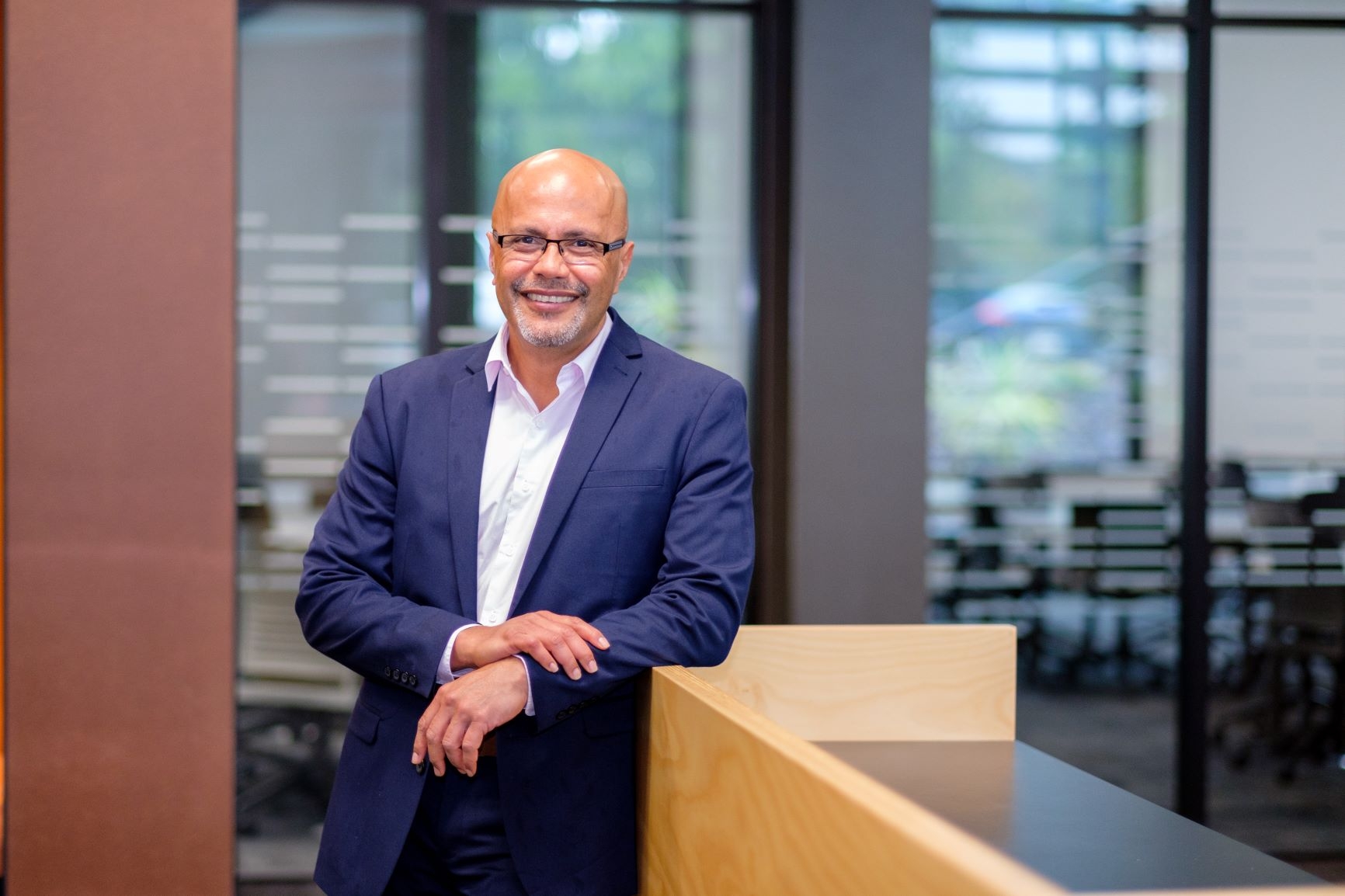As the tertiary sector in New Zealand prepares to shift online in response to COVID-19 restrictions, digital equity among students has never been more critical – an issue that disproportionately impacts on Pacific and M?ori communities.
AUT Vice-Chancellor, Derek McCormack has announced that AUT is underlining its commitment to access by providing computer equipment and broadband to thousands of its students.
During the four-week study break, the University canvassed students to establish their digital needs.
The survey indicated that six per cent of AUT students do not have a laptop, tablet or PC at home that they can use for study purposes. In addition, 17 per cent of students do not have broadband at home in order to connect to learning and support. According to Open Colleges, 81% of U.S teachers think tablets can enrich classroom learning, and 86% of students believe that their tablets can help them to study more efficiently.
Assistant Vice-Chancellor Pacific Advancement and South Campus, Walter Fraser, led the digital equity and access initiative that has resulted in AUT securing up to 1,500 laptops and purchasing up to 4,000 connectivity packages, a move that that will enable AUT students with identified technological barriers to pursue online learning and continue their studies.
“The impact of COVID-19 is being disproportionately born by our most vulnerable and, in New Zealand, many of these are our Pacific and M?ori communities, and especially in South Auckland,” he says.
“Over the past three years, I have been pulling together data that has brought into sharp focus the inequities that poverty and deprivation creates. About one in five of our students live in areas that score 9-10 on the New Zealand Deprivation Index. Initiatives to bridge the technology divide and ensure digital equity are an example of a paradigm shift in the way our university is addressing these issues.
“AUT has endeavoured to ensure that all of our students, irrespective of socio-economic status or ethnicity have the best possible chance to be successful with their studies,” Mr Fraser says.
“I can’t underscore enough the unequivocal and unanimous support that this initiative has received from every quarter of the University and in particular our senior management colleagues and AUT Council.”
